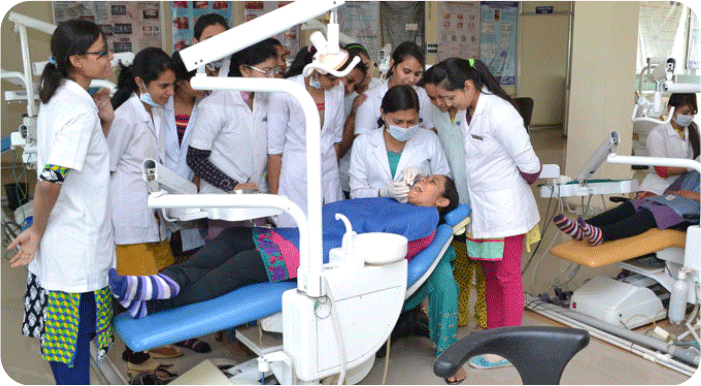Choosing a career in public health is both rewarding and impactful. For those aspiring to create healthier communities, public health colleges offer a pathway to building careers that improve lives through research, compassionate care, and addressing health disparities. This guide highlights what public health colleges offer and how they shape professionals ready to tackle complex health challenges.
What Do Public Health Colleges Offer?
Public health colleges equip students with the essential knowledge and tools to promote well-being on both local and global scales. By fostering skills in research, leadership, and health education, these institutions prepare students to address real-world health concerns. Expect courses in areas like epidemiology, biostatistics, environmental health, global health, and community health partnerships. Such programs help students understand the intricacies of delivering patient-centered care while addressing varying health needs for Community.
Why Choose a Public Health College?
Public health colleges offer more than just academics; they provide real-world experiences that help students make a meaningful impact in society. Some notable benefits include the following:
1. Hands-On Training and Research Opportunities
These colleges often partner with health organizations and community initiatives, giving students practical exposure. From working on environmental impacts on public health to evaluating women’s health outcomes, students graduate with hands-on experiences that prepare them for the workforce.
2. Addressing Health Disparities
Students learn to meet the needs of individuals from underserved regions or populations, focusing on compassion and improving access to care. By exploring health equity research, they gain insights into reducing disparities and creating effective strategies for reaching vulnerable populations.
3. Global Perspective in Health
Migration health trends and global health challenges emphasize the need for professionals who can approach solutions from a holistic viewpoint. Public health colleges often emphasize the importance of understanding cultural nuances to provide whole-person care effectively.
4. Support for Student Success
With access to multidisciplinary learning environments and cultural learning opportunities, students are set up for success not just academically but professionally. Collaborative opportunities allow them to grow as leaders capable of handling violence prevention efforts and other pressing issues.
Essential Considerations for Aspiring Public Health Professionals
When selecting a public health college, it’s crucial to look for programs that emphasize topics such as community health partnerships and patient-centered care. Accredited institutions with opportunities for internships and research enable students to make meaningful contributions immediately after entering the field.
The Future of Public Health Careers
Public health as a field is rapidly evolving, offering Entire community career opportunities in nonprofit organizations, government agencies, healthcare facilities, and international institutions. Whether you’re passionate about advocating for whole-person care or researching environmental effects on community health, public health colleges provide an exceptional starting point.
Take the First Step Toward a Meaningful Career
Public health colleges empower students to combine knowledge with action, turning aspirations into impactful work that benefits Community. If you’re ready to explore this enriching career path, take the first step by researching programs tailored to your professional passion. Start shaping a healthier, more equitable future today.



